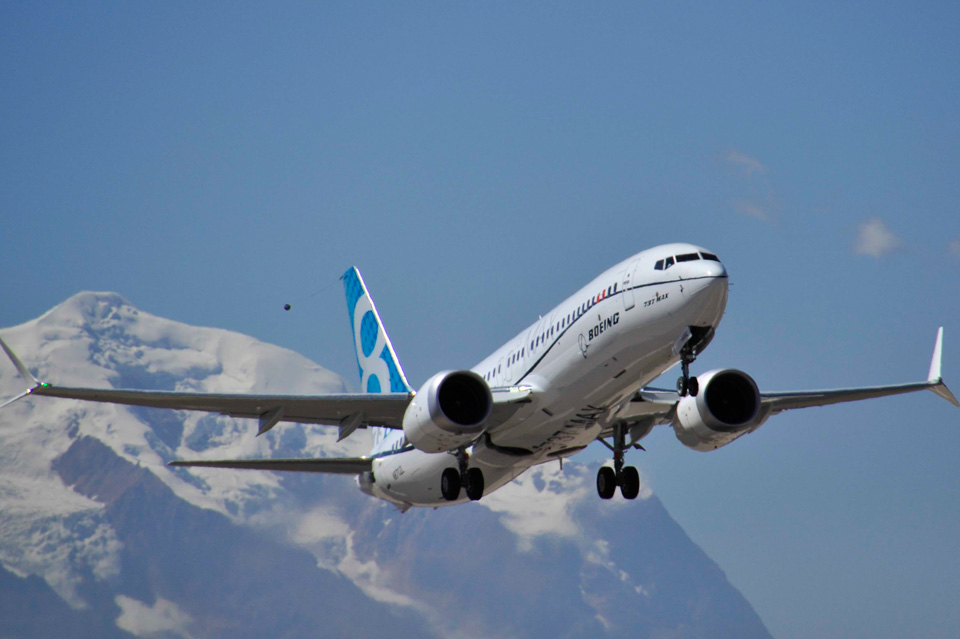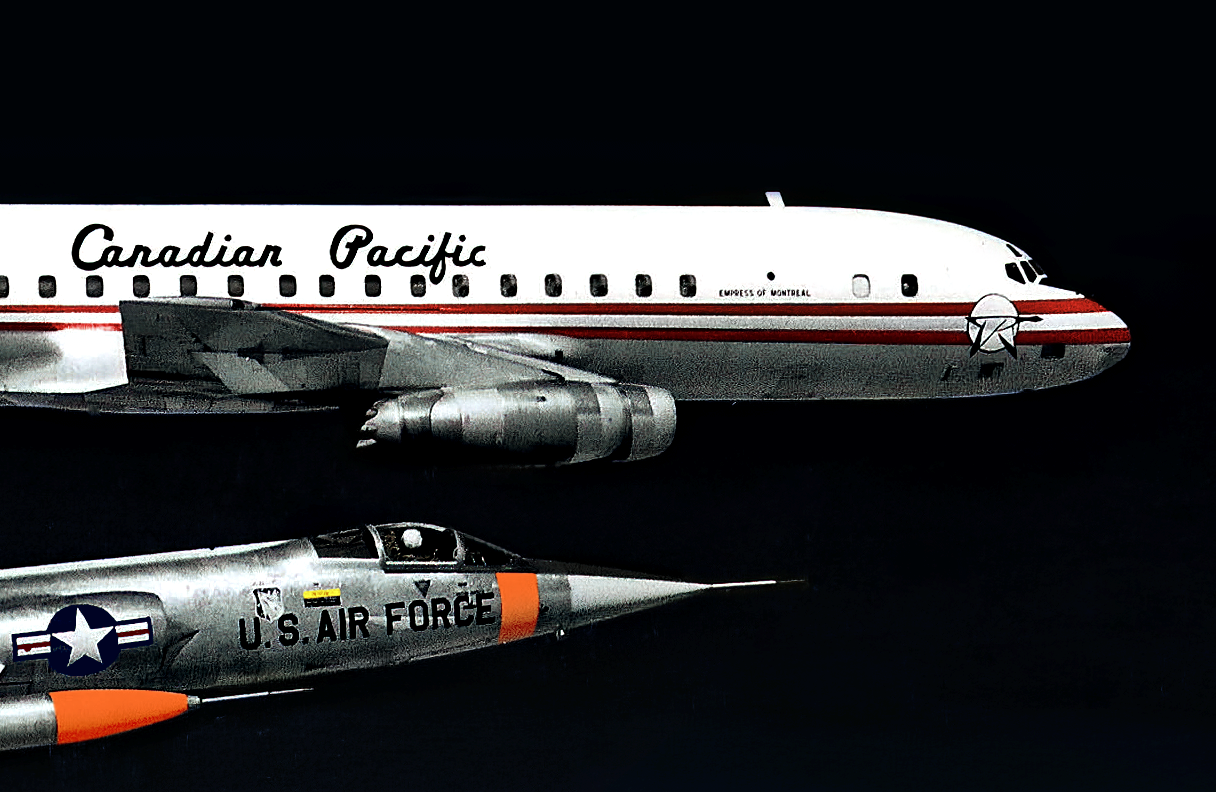Engine defect grounds Boeing 737 MAX fleet
10 May, 2017
3 min read
By joining our newsletter, you agree to our Privacy Policy


Boeing has grounded its fleet of 737 MAX aircraft days ahead of the first delivery because of a problem with some engines.
Not all of the LEAP-1B engines supplied by engine manufacturer CFM International are affected but the manufacturer said it was temporarily suspending MAX flights “out of an abundance of caution’’.
Boeing said in a statement it had been notified by CFM of a manufacturing quality problem with the low-pressure turbine discs and it was working with CFM on an inspection program.
“CFM and its supplier notified us after discovering the issue as a part of their quality inspection process,’’ it said. “At no time have we experienced an issue associated with the LPT during our ongoing MAX testing program.
“Out of an abundance of caution, we decided to temporarily suspend MAX flights. The step is consistent with our priority focus on safety for all who use and fly our products.’’
The problem, discovered in the forging process, could lead to cracking and engines from about 25 test and production planes have been sent to CFM facilities in the US and France for testing.
The first MAX delivery to Indonesian carrier Malindo Air was due to take place next week but Boeing said it expects to still make the delivery this month.
“We will work closely with CFM to understand the precise scope and root cause of the quality issue,’’ it said “Our plan remains to begin MAX deliveries in May.
“MAX production will continue, as will production and delivery of our Next-Generation 737 airplanes.’’
The engine features advanced technologies and is specifically optimized for the 737 MAX, contributing much of the fuel efficiency gain enjoyed by the new jet.
Flight tests for the MAX has so far gone smoothly and there was no indication of problems with the LEAP-1B during ground testing.
Boeing noted the 737 MAX 8 program put over 2000 hours on the engines, including abuse testing and flights lasting over 9 hours, with “thorough inspections throughout”.
It also completed 180-minute extended twin operations (ETOPS) testing in March which required another 3000 simulated flight cycles on a test stand and an inspection by CFM.
The problem did not affect the LEAP-1A engines used on Airbus A320neos, she said.
However, Airbus has been having its own problems with the Pratt & Whitney Geared Turbofan engine that is also an option for A320neo operators.
A number of GTF engines have had to be removed because a bearing has failed or the combustion chamber degraded.
Pratt is addressing the problems by introducing a new bearing compartment which is retrofitted to existing engines and is testing an improved combustion chamber.
The GTF uses gears to allow the front compressor fan and low-pressure section to spin at a slower speed than the high-pressure compressor and turbine at the rear, improving efficiency.
The engines met or exceeded their efficiency targets but had initial glitches with start times, spurious cockpit warnings and hydraulic temperatures.
Get the latest news and updates straight to your inbox
No spam, no hassle, no fuss, just airline news direct to you.
By joining our newsletter, you agree to our Privacy Policy
Find us on social media
Comments
No comments yet, be the first to write one.

